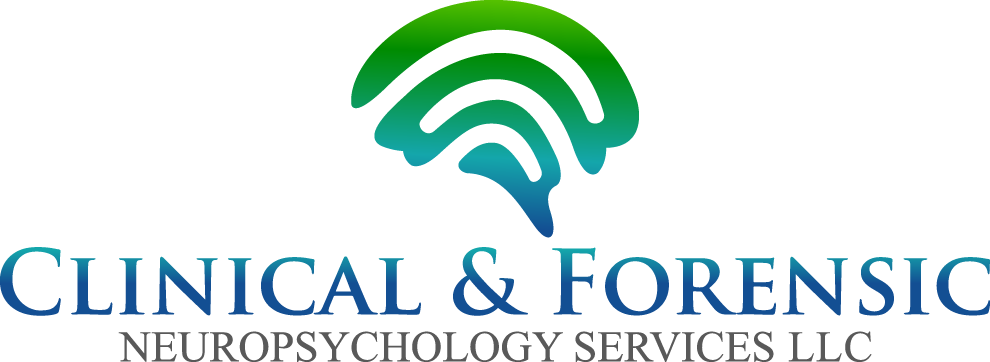Clinical & Forensic Neuropsychology Services of Mississippi (CFNS) provides psychological and neuropsychological evaluations for clinical and forensic situations. CFNS is owned by Dr. Heath Gordon, who is board-certified in clinical neuropsychology by the American Board of Professional Psychology (ABPP) and licensed as a psychologist in Mississippi.
Dr. Gordon specializes in evaluating emotional, psychological, and cognitive conditions in adults and older adults. He does not provide any services for anyone younger than 18. He also provides psychological evaluation and psychotherapy options for various conditions, including anxiety disorders, depressive disorders, coping with chronic medical conditions, and managing transitions due to stressors or functional declines (e.g., health declines, bereavement, etc.).
CFNS accepts both clinical and forensic referrals from Mississippi and surrounding states.
What is Neuropsychological Testing for ADHD?
Neuropsychological evaluations are helpful in diagnosing various conditions, including attention deficit hyperactivity disorder (ADHD). This type of testing provides a comprehensive assessment of the behavioral and cognitive functions and symptoms of ADHD and other conditions using paper and pencil and computerized tests, interviews, and other medical information that may be submitted by a referring provider.
During a neuropsychological assessment, a broad range of functions is evaluated, including:
- Language
- Memory
- Attention and concentration
- Problem-solving abilities
- Planning and organizational skills
- Emotional regulation
- Visual and spatial functioning
- Motor skills and coordination
Based on the results, Dr. Gordon will identify any existing neuropsychological conditions and provide recommendations for a treatment plan to help improve your functioning in daily life.
What Happens at a Neuropsychological Evaluation?
During a neuropsychological evaluation, brain function is assessed using objective tests that measure cognitive abilities. The assessments allow neuropsychologists to identify patterns of strengths and weaknesses to help determine a proper diagnosis and recommend a treatment plan that may include behavior management, cognitive rehabilitation, psychotherapy, or some other form of interdisciplinary care.
The first step of your neuropsychological evaluation is to understand your personal, medical, and treatment histories. Dr. Gordon will discuss these with you in an interview to gain a thorough understanding of your history and concerns. The interview will include questions about your symptoms, medications, and other relevant information.
Based on your responses and your individual situation, a series of tests will be administered. Typically, several hours are needed to complete your testing, but time varies depending on each individual’s specific concerns and the specific tests needed to address those concerns.
After completing the tests, Dr. Gordon will interpret and analyze the results and write a report. You’ll be scheduled for another appointment to review the findings and any recommended treatment.
ADHD Neuropsychology vs. ADHD Psychology
Many people have heard of psychological evaluations, but neuropsychological evaluations may not be as familiar to you. While there is some overlap in the two areas, there also are significant differences.
Psychologists and neuropsychologists have different training. Typically, psychologists are trained to assess, diagnose, and treat psychological conditions or disorders. Neuropsychologists have the same type of training but also are specially trained to assess brain functioning and brain-behavior relationships. ADHD can be effectively evaluated and identified by either specialty; however, neuropsychological testing may be needed when certain learning or vocational questions are part of the clinical picture.
Psychological evaluations focus on identifying and diagnosing neurodevelopmental disorders (ADHD, Autism Spectrum Disorder, etc.) or psychiatric disorders (anxiety or mood disorder, conduct disorder, etc.). These evaluations generally consist of reviewing a detailed history of your medical, developmental, social, and psychological functioning alongside behavioral observations. Sometimes personality, general cognitive, and other self-reporting assessments may be given.
Neuropsychological evaluations are conducted by psychologists who have additional specialized training. A neuropsychological assessment of ADHD involves the typical psychological evaluation components as well as added measures and focus on an individual’s overall cognitive abilities and behavior. It incorporates the same interviewing methods as a psychological evaluation but also involves the use of standardized tests not administered in general ADHD evaluations. As noted above, the tests that are given are based on the individual’s specific situation and concerns that may be greater than just identifying ADHD for medication management and cognitive and behavioral interventions.
Neuropsychological evaluations are considered to be the most comprehensive type of assessment because they are more in-depth, thoroughly assessing the relationship between cognitive, behavioral, and functional deficits and underlying brain functions. Through this comprehensive evaluation, neuropsychological testing answers not only what the problem is but also why there is a problem. This clearer understanding of why the condition exists is critical to determining the most effective, individually tailored treatment plan for some situations.

